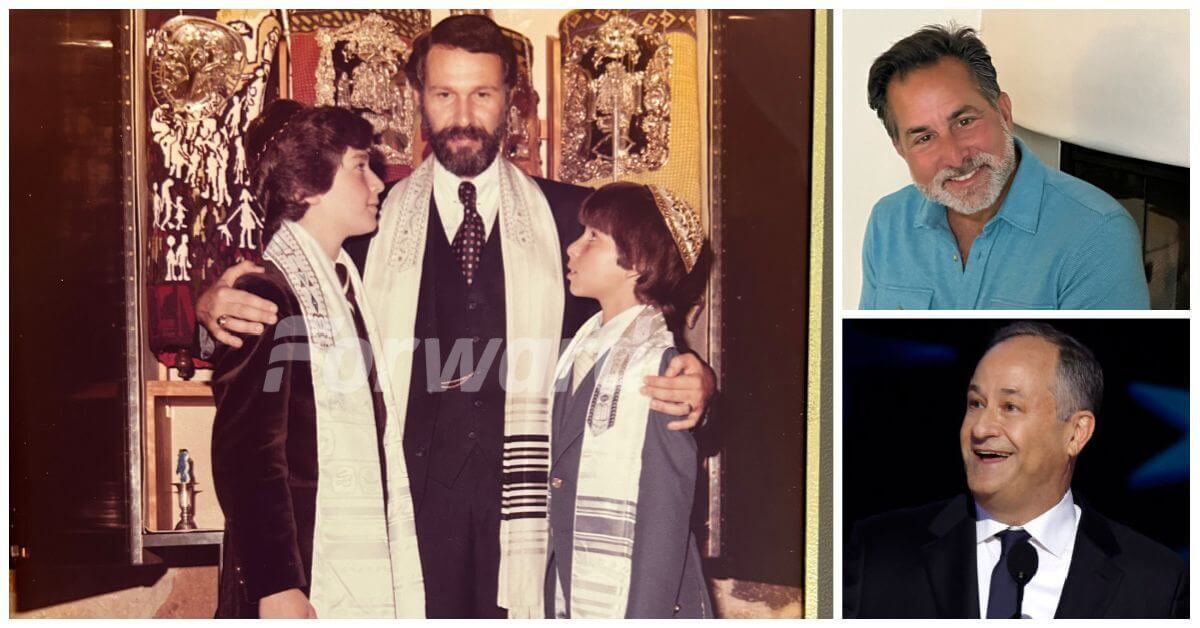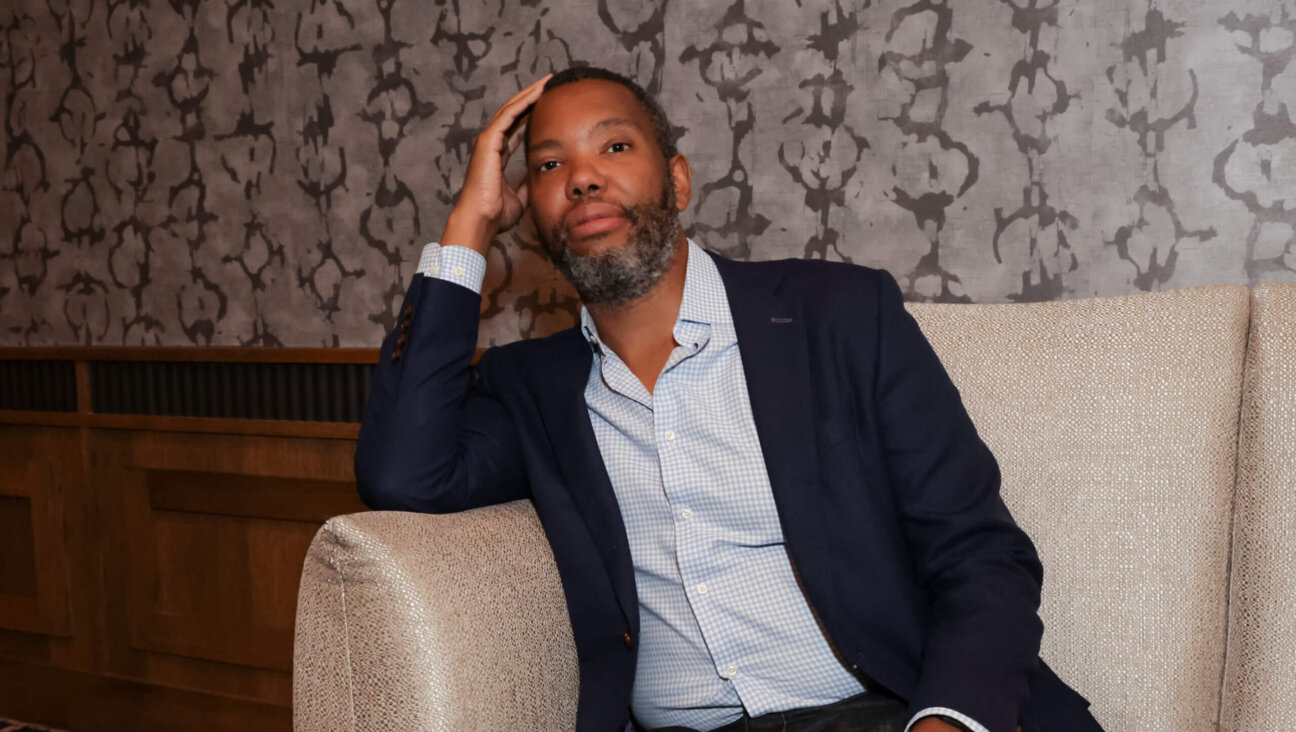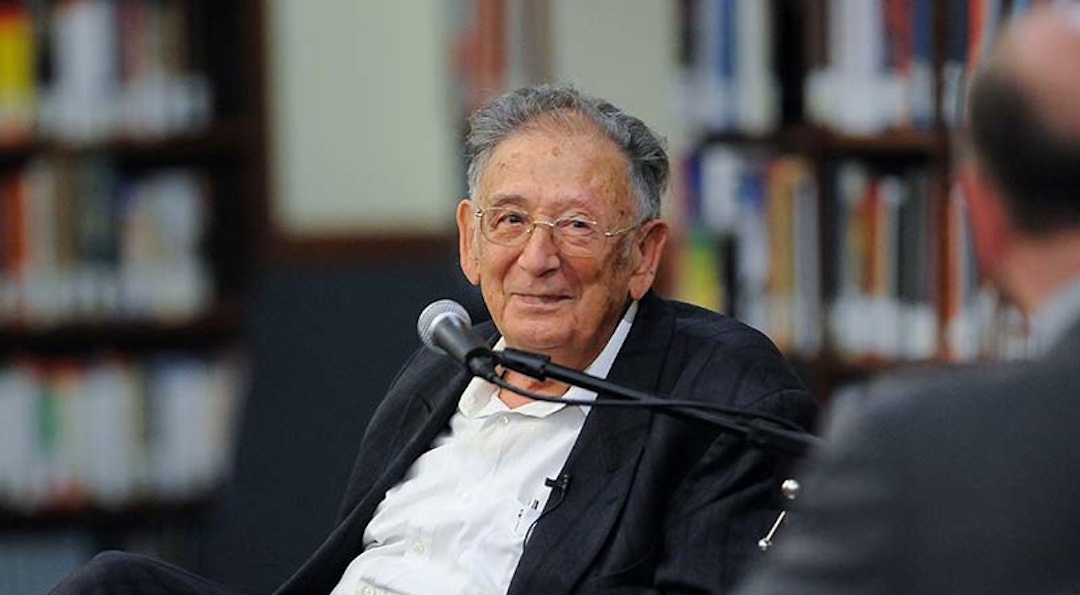Roz Chast

“When your parents are dying, it’s not like a baby, where people want to come over and play with the baby. Somebody comes over and brings you a little onesie or stretchy…. What are they going to do — bring Depends? Or a case of Ensure?”
That’s Roz Chast, 59, perhaps best known for her cartoons that have appeared in The New Yorker since 1978, talking to the Forward about her May 2014 book, “Can’t We Talk About Something More Pleasant?”
Consisting of handwritten text, cartoons and photos, the graphic memoir is a moving yet honest homage to her parents, who spent their lives in Brooklyn. Her father was a teacher, anxious and intellectual, while she describes her mother, an assistant principal, as a dominant personality. Sounds stereotypically Jewish? “But it’s true,” said Chast.
The book deals with “the journey we took together into the last part of their lives.” By not shying away from topics such as senile dementia, the cost of elder care, and Chast’s own feeling of exhaustion and guilt, the work is a poignant commentary on society’s approach to old age and fear of death.
Chast, a graduate of the Rhode Island School of Design, has written or illustrated more than a dozen books; most recently, in September, she illustrated “101 Two-Letter Words,” for which singer-songwriter Stephin Merritt wrote poems for every two-letter word allowed in Scrabble.
“Can’t We Talk…?” was named a finalist in the nonfiction category of the National Book Award, which made Chast the first cartoonist to receive the honor.
Drawing The Last Chapter from Jewish Daily Forward on Vimeo.
A message from our CEO & publisher Rachel Fishman Feddersen

I hope you appreciated this article. Before you move on, I wanted to ask you to support the Forward’s award-winning journalism during our High Holiday Monthly Donor Drive.
If you’ve turned to the Forward in the past 12 months to better understand the world around you, we hope you will support us with a gift now. Your support has a direct impact, giving us the resources we need to report from Israel and around the U.S., across college campuses, and wherever there is news of importance to American Jews.
Make a monthly or one-time gift and support Jewish journalism throughout 5785. The first six months of your monthly gift will be matched for twice the investment in independent Jewish journalism.
— Rachel Fishman Feddersen, Publisher and CEO






















